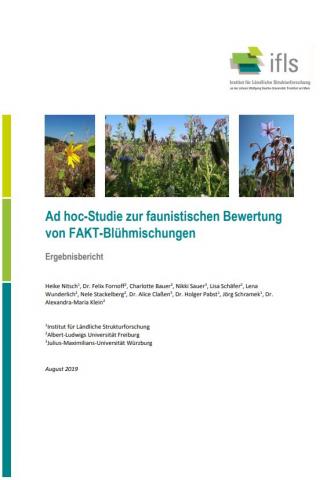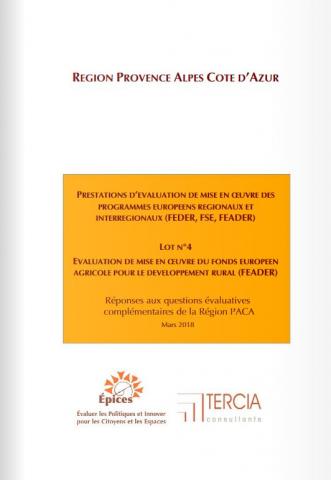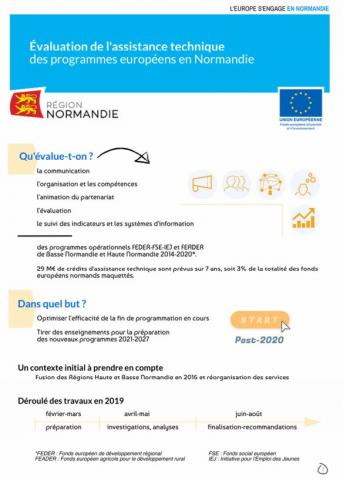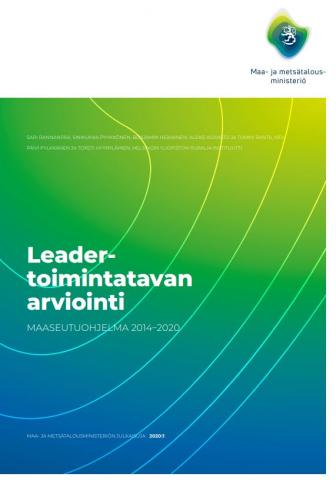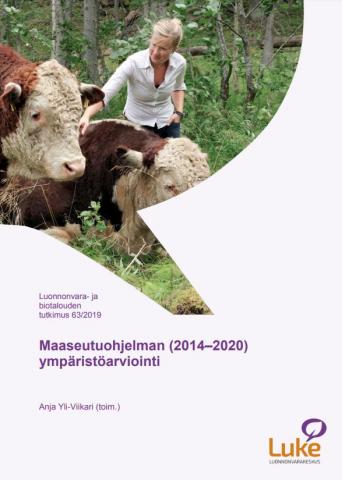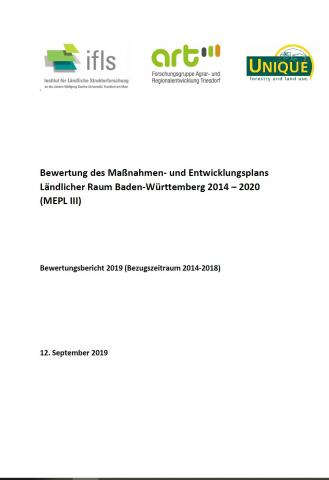
The 2019 report is designed for more condensed and quantitative assessment results to be able to aggregate them more easily with results from other EU countries. The 2019 evaluation report focuses on a possible comprehensive evaluation of the results and effects of RDP (MEPL III).

